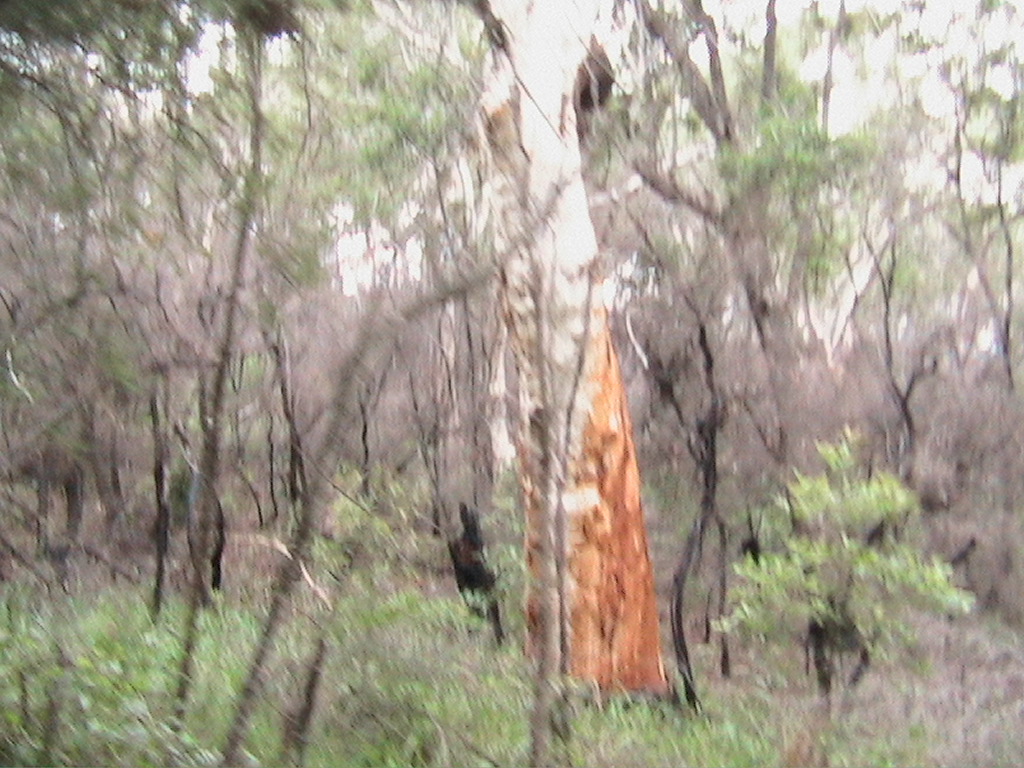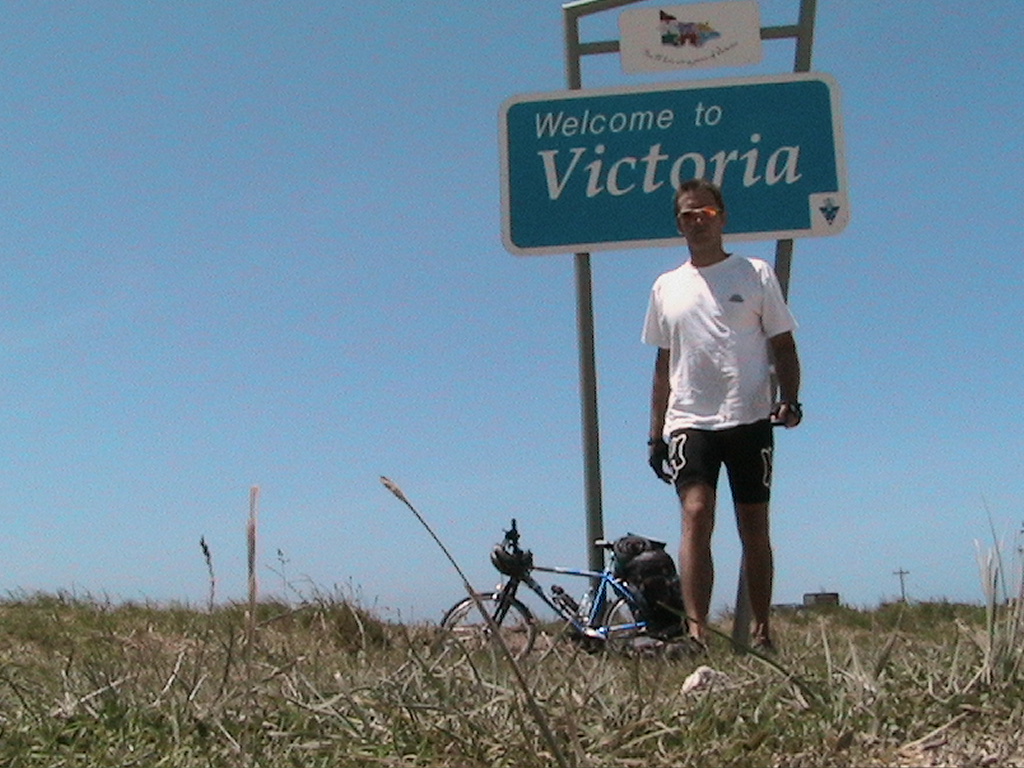James Hayward’s child sex conviction overturned due to ‘exceptionally unusual’ child interview.


James Hayward’s child sex conviction overturned due to ‘exceptionally unusual’ child interview.

(NSW) My neighbor wants to replace the fence, but we simply can’t afford it. He’s an older gentleman and seems to be preparing to sell; I understand wanting to fix

Charlie the cockatoo has a wealth of tips to share with players in Geraldton!

Title: The Impact of Bulk Billing and Dental Coverage on Australia’s Election: Insights from Voters As Australia approaches its upcoming election, a pivotal concern among voters has emerged: the future
It seems that the case involving James Hayward has raised significant concerns regarding the procedures followed during the child interviews that contributed to his conviction. The term “highly unusual” suggests that there may have been irregularities or lapses in standard protocols that could impact the reliability of the evidence collected. This situation highlights the importance of ensuring that all investigative processes, especially those involving vulnerable individuals like children, are conducted with the utmost care and adherence to established best practices.
It’s crucial that the justice system remains vigilant in reassessing cases where such procedures may have been compromised, as the consequences can be profound for all parties involved. I hope that this ruling leads to a greater examination of interview techniques used in similar cases to prevent any miscarriages of justice in the future. What are your thoughts on how the legal system can improve its handling of such sensitive situations?